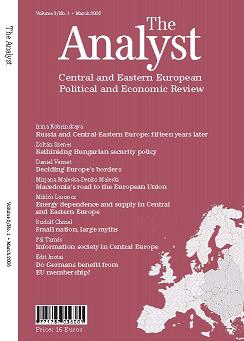Campaigns, parties and money: old issues in new democracies
Campaigns, parties and money: old issues in new democracies
Author(s): Gábor Iván, Gabriella IlonszkiSubject(s): Politics / Political Sciences
Published by: Globális Tudás Alapítvány
Summary/Abstract: The process of political consolidation in Central-Eastern Europe is complete. Elections are regular and customary in the region. But meanwhile, there is a growing literature on the role of parties, how independent they are and how much they are tied to the state. That includes financial ties – the level of public funding and other state-provided income. The increasing relevance of electoral campaigns is a much talked-about topic. Naturally, so is their financing. Both direct state funding (DSF) and party campaign financing (PCF) are part of a modern democracy's functioning, and often a source of controversy in the "old democracies." In Central-Eastern Europe, this issue is often met with perplexity. In addition to the newness of the issue, this perplexity might be due to the political elite’s preference for keeping this topic off the agenda. Yet Central-East European processes resemble the Western experience. The phenomenon of cartelization1, for instance, occurs in both regions. Cartelization is when parties in possession of continuously increasing state funds switch from being on the side of civil society to being on the state’s side. Similarly, we can observe, as in the West, the postmodern electoral campaign, in which costs increase in tandem with the length of campaigns and the range of new techniques used.[...]
Journal: The Analyst - Central and Eastern European Review - English Edition
- Issue Year: 2006
- Issue No: 01
- Page Range: 41-62
- Page Count: 22
- Language: English

